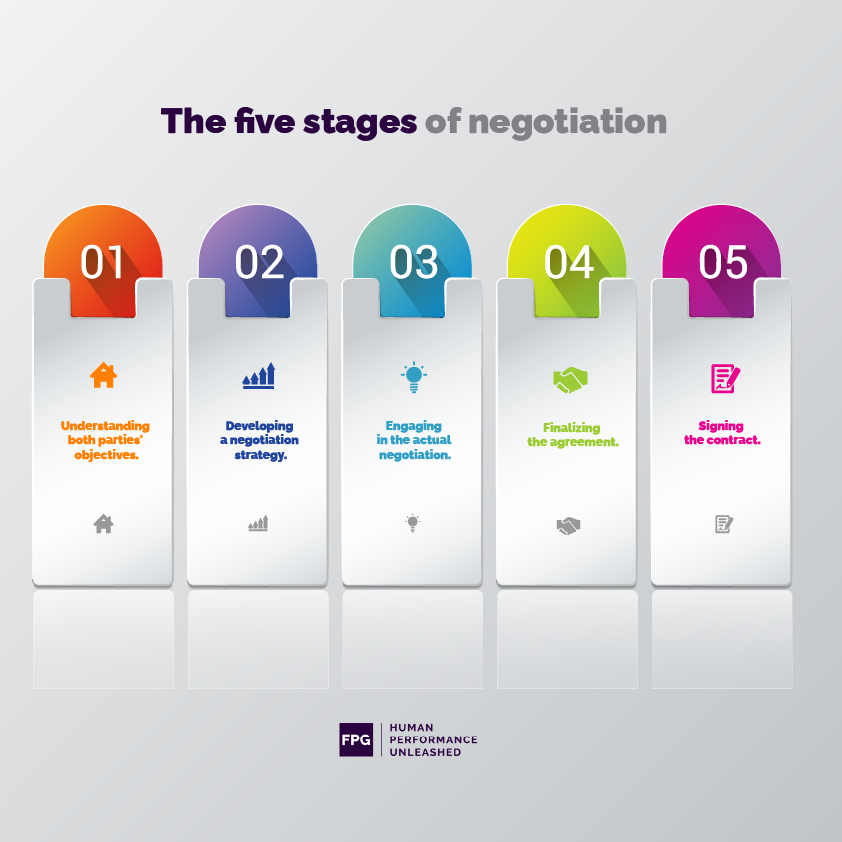Contract negotiation is a dialogue between two or more parties that seek to reach an agreement about the terms of a particular contract. The negotiation process can be complex, and there are several things you should keep in mind to ensure a successful outcome. Here are five tips that will help you successfully negotiate your next contract:
1. Do your homework
Before you begin negotiating, it is important to do your research and understand the other party’s position. What are their needs and wants? What are their bottom line terms? By understanding the other party’s objectives, you will be in a better position to negotiate a mutually beneficial agreement. For example, in a job contract negotiation, you may want to research the company’s salary range for similar positions before beginning negotiations.
2. Know your bottom line
In any negotiation, it is important to know your own objectives and what you are willing to concede. What are your deal-breakers? What terms are non-negotiable? By knowing your bottom line, you will be less likely to make concessions that you later regret.
3. Be prepared to compromise
Although it is important to know your bottom line, you should also be prepared to compromise. In most negotiations, both parties will have to give up something to reach an agreement. For example, in contract negotiation, you may be willing to agree to a lower salary in exchange for more vacation days.
4. Be assertive, but not aggressive
In any negotiation, it is important to be assertive and stand up for what you want. However, you should avoid being aggressive or confrontational. This will only make the other party defensive and less likely to negotiate in good faith.
5. Keep the lines of communication open in the contract negotiation
Throughout the negotiation process, it is important to keep the lines of communication open. This means listening to what the other party has to say and responding clearly and concisely. If there are any misunderstandings, they should be addressed immediately. By keeping the lines of communication open, you will be more likely to reach a mutually beneficial agreement.
Contract negotiation is a process that can be complex, but by following these tips you can increase your chances of success. Do your homework, know your bottom line, be prepared to compromise, be assertive but not aggressive, and keep the lines of communication open. By following these tips, you can negotiate a mutually beneficial agreement.
To equip yourself with the pertinent details, below are five frequently asked questions about contract negotiation:
1. What are the steps for a contract negotiation?
The first step is to understand both parties’ objectives. What does each party want to achieve? What are their bottom line terms? The second step is to develop a negotiation strategy. How can you best achieve your objectives? What concessions are you willing to make? The third step is to engage in the actual negotiation. This is where both parties discuss their objectives and try to reach an agreement. The fourth step is to finalize the agreement. This is where both parties agree on the terms of the contract and sign it.
2. What are the 5 stages of negotiation?

3. What can you negotiate in a job contract?
In a job contract negotiation, you may be able to negotiate the salary, benefits, vacation days, start date, and other terms.
4. How can I get better job contracts?
You can get better job contracts by doing your homework, knowing your bottom line, being prepared to compromise, being assertive but not aggressive, and keeping the lines of communication open.
5. Can you negotiate an employment contract after signing?
It is possible to negotiate an employment contract after signing, but it may be difficult. If you want to try to renegotiate your contract, you should consult with an attorney.
How We Can Help You? FPG Sales Recruiting Process!
Focusing on the art and science of human performance, we recruit train to send out dedicated sales professionals who will make your business grow without sacrificing overhead. We are focused on mastering these two things; consider applying if you want personalized growth within an open feedback culture where everyone’s voice can be heard!
Take a look at our Sales Recruiting services!










